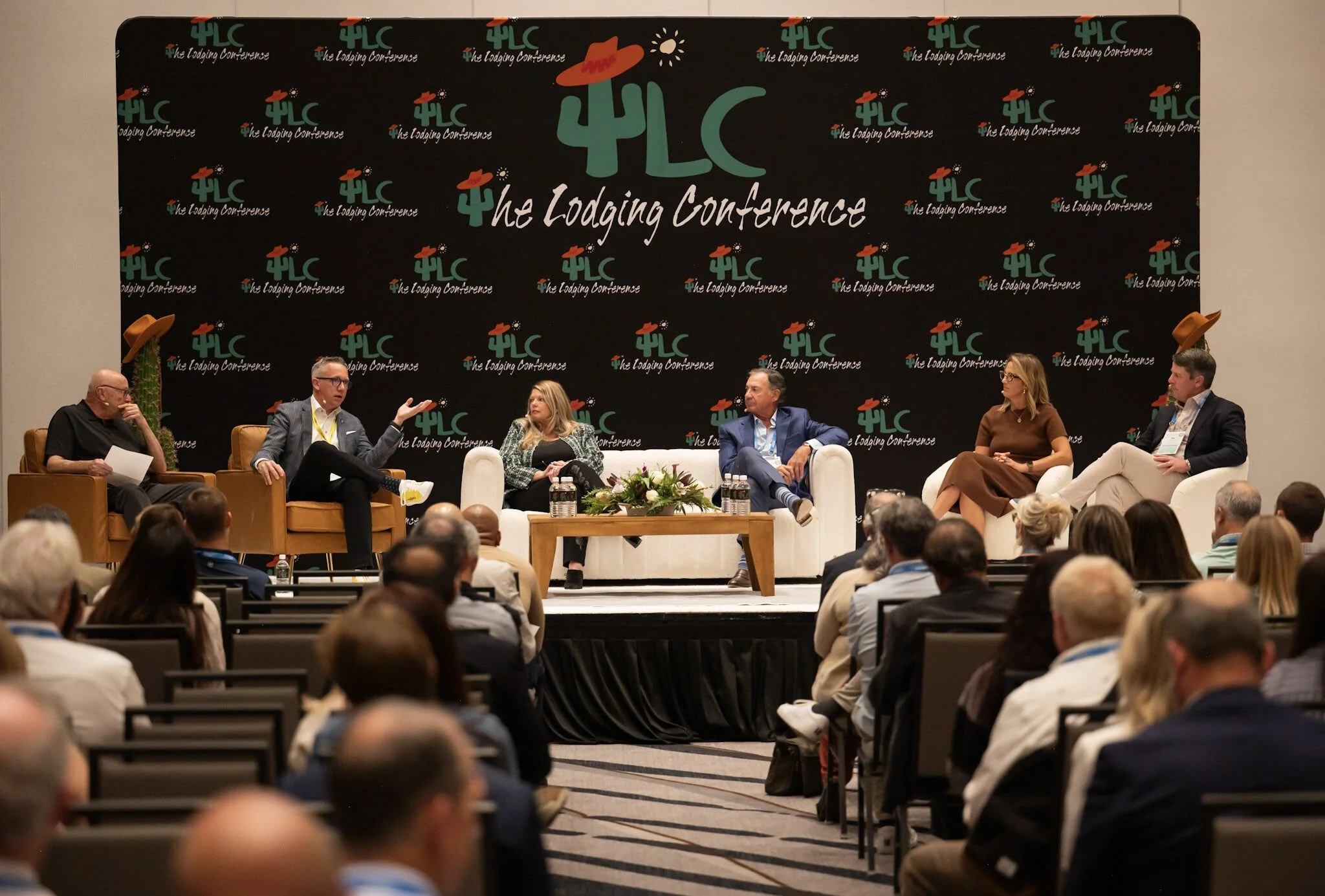Authenticity in Modern Hospitality: Lessons from the Lodging Conference
Although I spoke on two panels at this year’s Lodging Conference, one centered on boutique and lifestyle hospitality and the other on luxury and upper-upscale destinations, one theme shaped both conversations: authenticity.
Across the development and investment landscape, hotel leaders are rethinking what it means to create experiences that feel genuinely rooted in place. This was not about marketing language or décor choices. It's about the foundations of how we develop, program, and align with communities.
The Authenticity Challenge
Authenticity surfaced as the conference’s anchor word. Phrases such as “authentic lifestyle luxury boutiques” were repeated throughout the week. The desire is clear: hotels that feel connected to their environment and community.
The challenge? Major brands often attempt to scale uniqueness, which by definition cannot be mass-produced.
Lifestyle hospitality first emerged as the anti-brand. These properties were shaped by art, culture, talent, and local influence. As large hotel groups adopted this playbook, many outcomes began to feel templated. Authenticity cannot be copied or overlaid as a theme. It has to be intentionally embedded from the earliest hotel development stages, from underwriting to concepting to operational philosophy.
Our Blackberry-to-iPhone comparison illustrates the shift. Branded hotels have historically promised consistency and reliability, which is valuable. But travelers today want experiences with personality, narrative, and meaning. The industry is trying to produce “iPhones,” but many are still built like Blackberries.
Where Authenticity Works
The clearest example surfaced in F&B. Hotel restaurants are meant to function as cultural gathering places. Yet many sit empty because they were designed to “match a trend” instead of understanding what local guests actually want.
Where authenticity thrives, community is the core. Art, music, culinary partnerships, and local creative voices become part of the hotel’s identity. This is why properties such as Aman, Fontainebleau, PUBLIC, and select independent luxury concepts perform well. These hotels treat culture as infrastructure, not ornamentation.
And when culture leads, financial returns tend to follow.
Why This Matters for Hospitality Leaders
The takeaway from the Lodging Conference was that authenticity as a buzzword has lost meaning. The real question is whether a hotel’s connection to place is earned or assumed.
Properties that invest early in local influence not only attract travelers, they embed themselves within the cultural and economic fabric of the community. That’s where long-term value, reputation building, and investment strategy converge.
At HGA, we support partners, owners and operators in building authenticity from the foundation. This includes feasibility and underwriting, cultural and F&B programming, and identifying meaningful partnerships with artists, musicians, chefs, and community leaders.
We also support repositioning strategies for existing assets — hotel repositioning and resort repositioning — where authenticity can be reintroduced to refresh identity and performance.
Authenticity is no longer optional. It is now one of the strongest differentiators in modern hospitality. Independents have proven this for years. The brands that win going forward will make culture, community, and identity core elements of development—not decorative ones.

